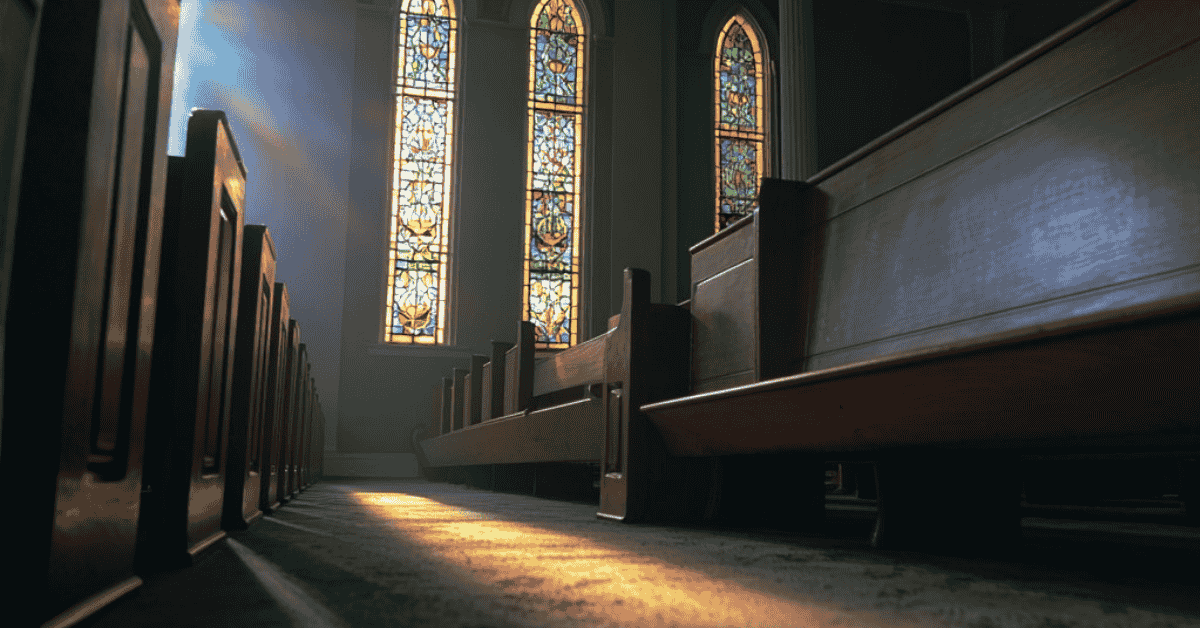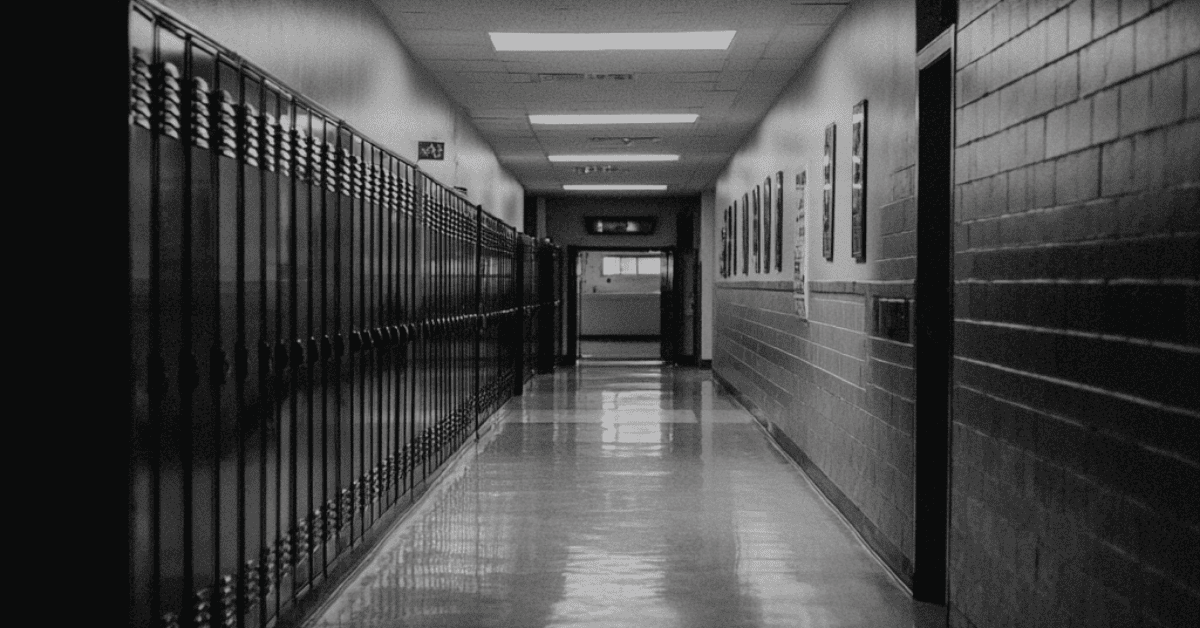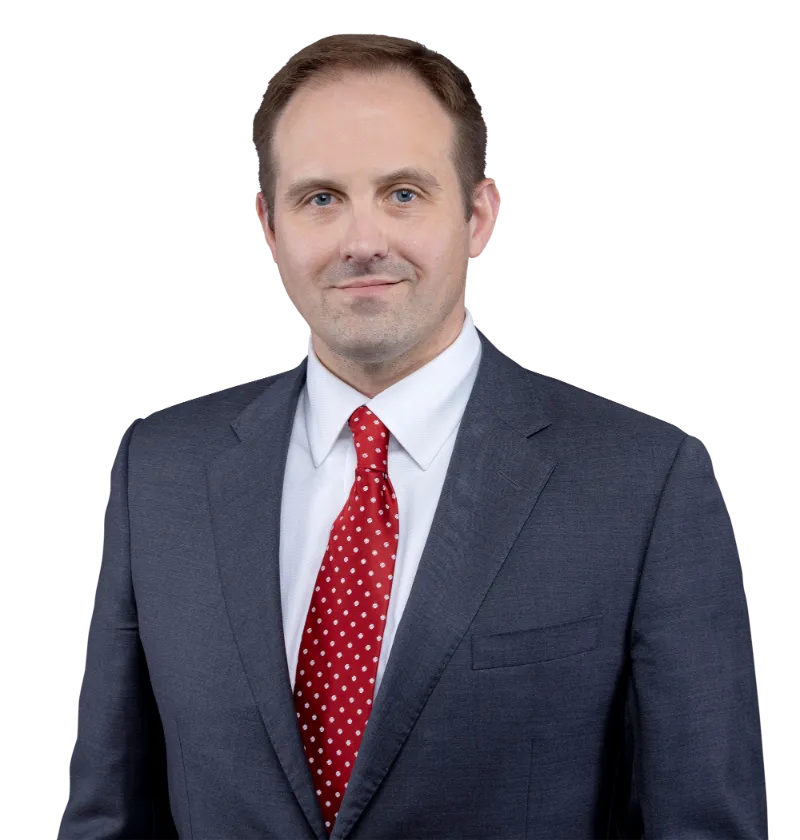What If My Child Was Abused at a Religious Summer Camp?
It’s every parent’s worst nightmare — sending your child off to a place you trusted, only for that trust to be shattered. You thought the church camp would be safe. Maybe you grew up going to one yourself. Maybe you were told the leaders were “godly men” or that “nothing bad ever happens at Christian camps.”
But now your child has come home… different. Quieter. Scared. Angry. And somewhere deep inside, your gut is telling you something’s very wrong.
If your child was sexually abused at a religious summer camp, you are not alone — and you are not powerless.
The Hidden Risks Inside Religious Camps
Religious summer camps should be a place of joy, connection, and spiritual growth. But behind the worship songs and group prayers, there can be an unsettling truth: many of these camps operate with limited oversight, minimal staff training, and unchecked authority figures who are often idolized by children and parents alike.
Predators exploit this trust. And in religious settings, the pressure to forgive, to avoid “causing division,” or to protect the church’s reputation can make it easier for abuse to be covered up — or worse, quietly ignored.
Some camps hire volunteers with little background screening. Others rotate staff so frequently that no one really knows who’s supervising your child at any given moment. And when abuse happens, victims are sometimes told not to speak out — as if the trauma was somehow their sin to bear.
If you’re reading this with a sick feeling in your stomach, know this: you have every right to ask questions. And your child has every right to be heard — and protected.
For more on organizational accountability, see youth organizations in Arkansas.
Subtle but Serious Warning Signs After Camp
Many children don’t come right out and say what happened — especially if the abuse took place in a setting that was supposed to be safe and sacred. So how do you know what to look for?
Here are some signs we’ve seen in survivors of religious camp abuse:
- Sudden fear of being alone or going to church
- Nightmares or bedwetting, especially if they hadn’t done that in years
- Regression — acting younger, clingy, or overly obedient
- Outbursts or aggression, especially toward authority figures
- Reluctance to talk about camp, especially about certain people
- Sexualized language or behavior that seems age-inappropriate
- Withdrawal, anxiety, depression, or self-harming behavior
Don’t dismiss these signs as “camp blues” or “just hormones.” Something may have happened — and your child may be waiting for you to ask.
What to Do If You Suspect Abuse
It can be gut-wrenching to think someone harmed your child. You might be afraid of what asking will reveal. But silence is not protection — it’s permission for the harm to continue.
Here’s what you can do:
- Create a safe space. Sit somewhere quiet and private. Let them know they’re not in trouble, and you just want to understand how they’re feeling.
- Ask open-ended questions. Try “Did anything happen at camp that made you feel weird or scared?” instead of “Did someone hurt you?”
- Don’t overreact. Stay calm if they share something alarming. Show them they’re safe and believed.
- Document everything. Write down what your child says, the names of any camp staff, and dates or locations.
- Report it. Call your local police or child protection services immediately. Do not contact the camp directly first — that gives them time to cover their tracks.
Holding Religious Institutions Legally Accountable
This isn’t just about one predator. In many cases, abuse happens because of institutional negligence — camps that failed to do background checks, ignored red flags, or protected their own instead of the kids.
Church camps are often backed by large religious institutions, and these institutions can be sued if they allowed abuse to happen under their care. Filing a civil lawsuit can open up church records, expose patterns of cover-up, and force change that protects other children.
And yes — victims and their families can recover compensation for medical care, therapy, emotional trauma, and pain and suffering. It’s not about the money. It’s about justice. It’s about making sure no other parent ever has to feel this way.
Learn how we hold faith-based institutions responsible: religious institutions
How to Prove Institutional Negligence in a Summer Camp Abuse Lawsuit
You don’t need to have it all figured out before calling a lawyer. But here’s what can help build a strong case:
- Documentation: Any written complaints, text messages, emails, or camp paperwork
- Witnesses: Other campers, staff, or parents who saw or heard something
- Past reports: Was this staff member ever accused before?
- Policy failures: Did the camp lack background checks, training, or reporting procedures?
- Timeline clarity: When did the abuse happen, and what was the camp’s response (if any)?
A skilled attorney can subpoena camp records and dig into patterns of misconduct. In Arkansas, there are legal pathways for suing not only the abuser, but the entire institution if they created or allowed the conditions for abuse to occur.
Supporting Your Child Through the Aftermath
After disclosure, your child needs more than just legal support. They need to feel safe, believed, and in control again. That starts with you — and it continues with therapy, survivor groups, and trauma-informed care.
Look for therapists who specialize in child sexual abuse trauma. If your child is older, support groups can help them connect with others who understand. Don’t push them to “move on.” Healing happens in waves — and it takes time.
And don’t forget yourself. Parents carry this pain too. Counseling can help you process the rage, grief, and guilt that no one talks about. You didn’t fail your child — the camp did.
Why Legal Action Can Be Part of the Healing Process
Taking legal action isn’t just about punishing the person who did this. It’s about showing your child — and yourself — that this matters. That what happened was wrong. And that the people who allowed it to happen don’t get to walk away untouched.
For some families, filing a lawsuit is a way to reclaim power. For others, it’s about preventing future abuse. Either way, it’s one step toward justice — and toward healing.
You didn’t send your child to camp thinking you’d need a lawyer. But now that you do, make sure you work with someone who believes survivors, fights relentlessly, and knows how to hold religious institutions accountable in Arkansas courts.
You trusted them. They betrayed that trust. But this story doesn’t have to end in silence.
Reach out. Speak up. You are not alone — and neither is your child.



